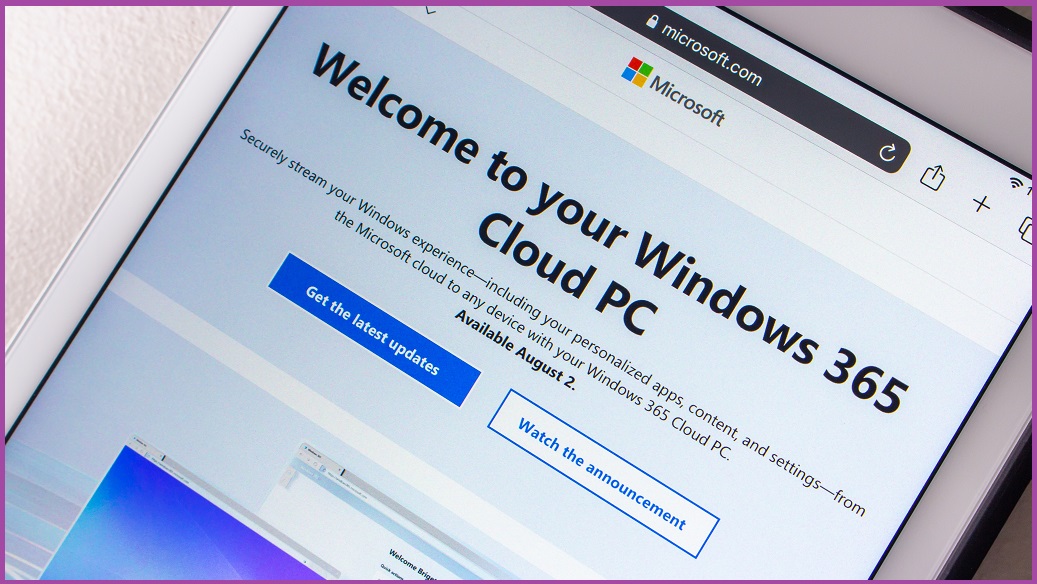Microsoft has been planning to push regular consumers toward running its Windows operating system from the cloud, according to internal documents.
A slide from a June 2022 internal presentation at Microsoft, first reported by the Verge and shown during Microsoft’s trial against the US Federal Trade Commission over its acquisition of gaming giant Activision, pulled back the curtain on its long-term corporate vision for the de facto PC operating system.
The presentation is from Microsoft’s now-defunct Modern Life business unit which was focused on the regular consumer's experience with Microsoft products.
It mentions financial year priorities around increasing growth of Windows 11 use alongside Microsoft’s services like Xbox Game Pass, Edge browser, and Bing search engine.
Under the heading “long-term needle-moving opportunities”, the slide simply states Microsoft’s ambitions for Windows 11: move it “increasingly to the cloud”.
“Build on Windows 365 to enable a full Windows operating system streamed from the cloud to any device,” the presentation reads.
“Use the power of the cloud and client to enable improved AI-powered services and full roaming of people’s digital experience.”
The business objective appears to be a direct response to Google’s ChromeOS which powers cheap, student-friendly Chromebooks, with the Verge reporting that further in the presentation Microsoft expressed an aim to “shore up Windows commercial value and respond to Chromebook threat”.
ChromeOS leans heavily on the Chrome Browser, integrating Google’s browser-native suite of productivity software (Drive, Docs, Sheets) directly from the operating system.
This means you can log into virtually any device running ChromeOS and access your browser settings and files – effectively turning any Chromebook into your Chromebook.
Microsoft wants to take this functionality a step further through its cloud virtual machine service, Windows 365, which is already available to enterprise customers.
It’s designed to be more than just browser settings, giving users access to a larger range of Windows features from low-powered devices. Simply log into cloud-based Windows from a browser or dedicated client and you’re on a new machine.
For businesses, virtual machines can mitigate against the risk of remote workers running browser-based versions of Windows Office apps using compromised home PCs, and make it easier to get contractors or temporary workers on-boarded with the right environments.
With a monthly subscription model currently in place for business Windows 365 use, it’s no doubt an enticing prospect for Microsoft to shift away from one-off license purchases toward regular billing.
Cloud-based products do have their drawbacks, as Microsoft users found earlier this year when a handful of Microsoft 365 apps went down.
In June, the tech giant’s services also suffered outages that it attributed to DDoS attacks.
Microsoft's cloud ambitions have encouraged scrutiny from regulators who were concerned its Activision purchase was an attempt to corner the cloud gaming market.










